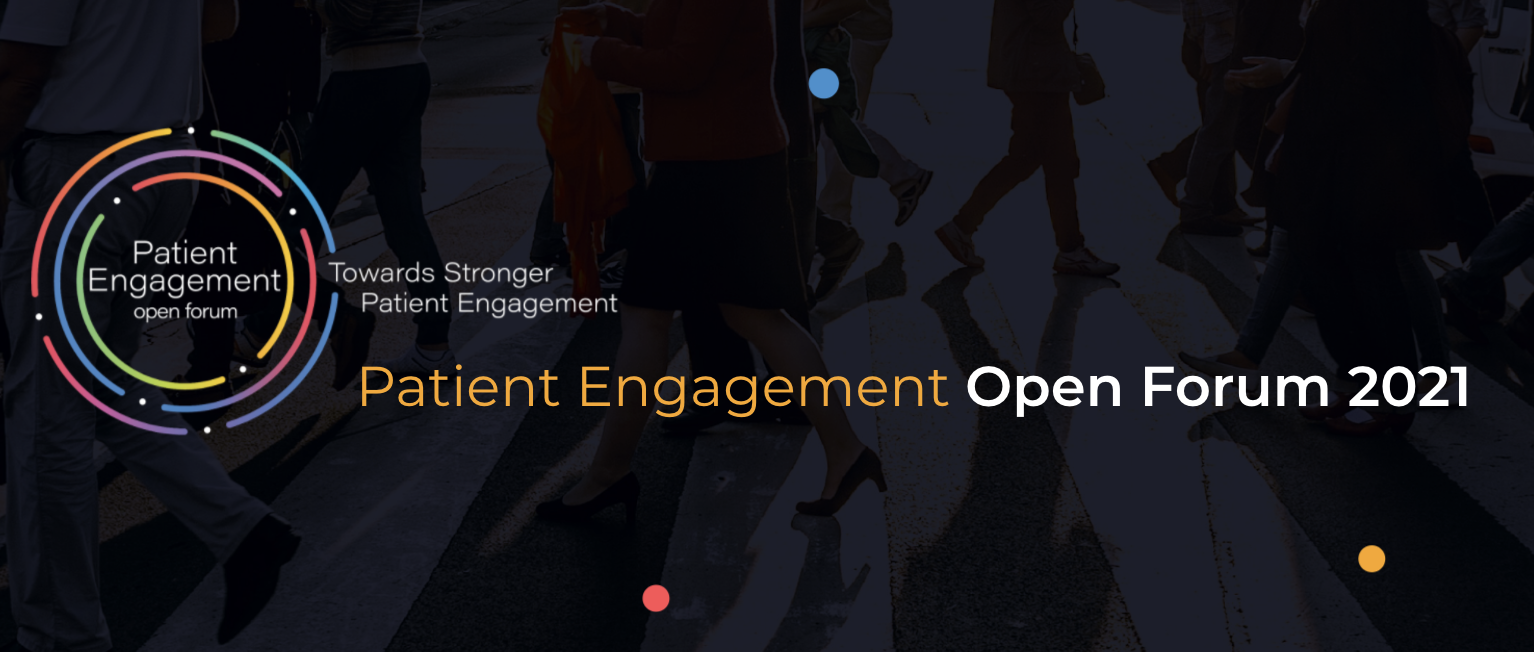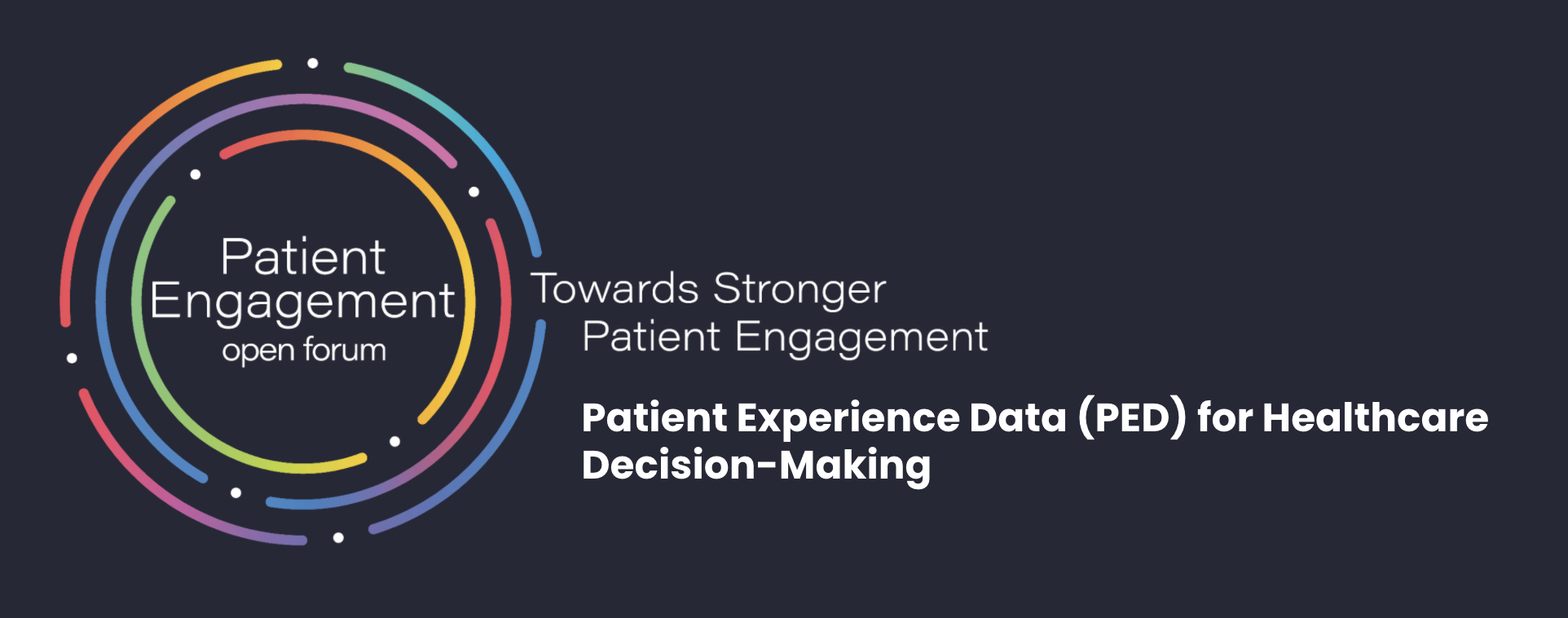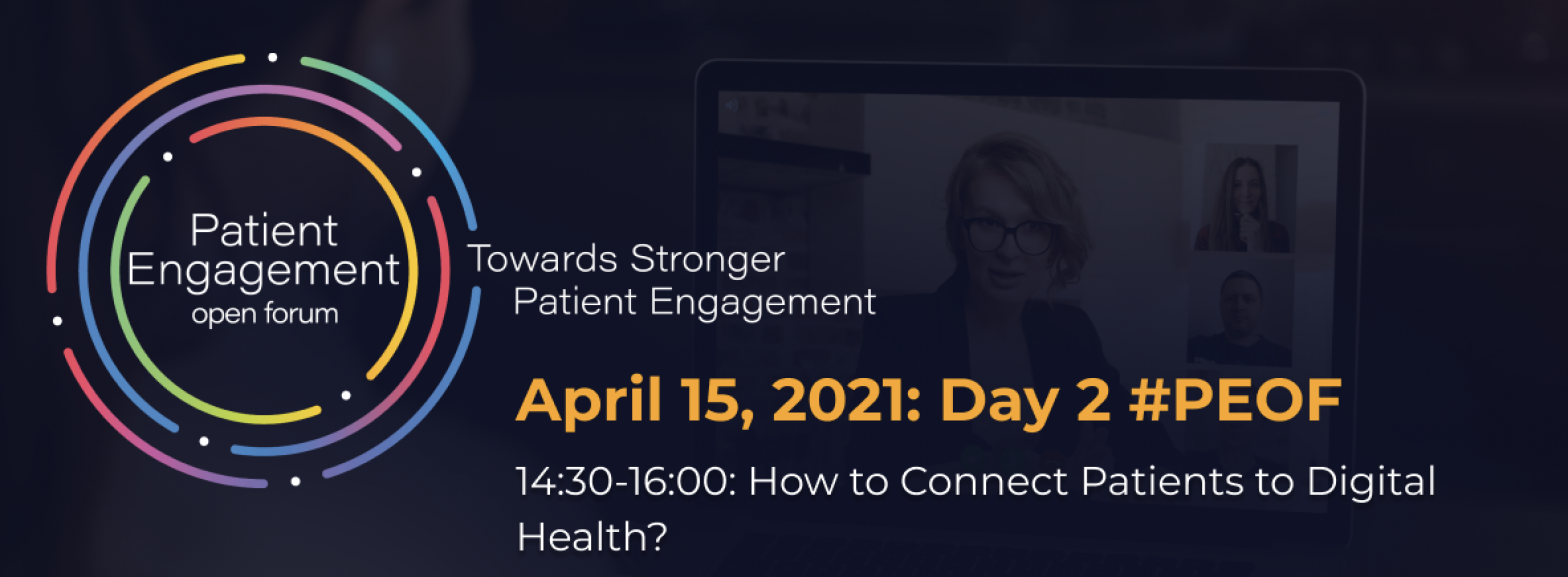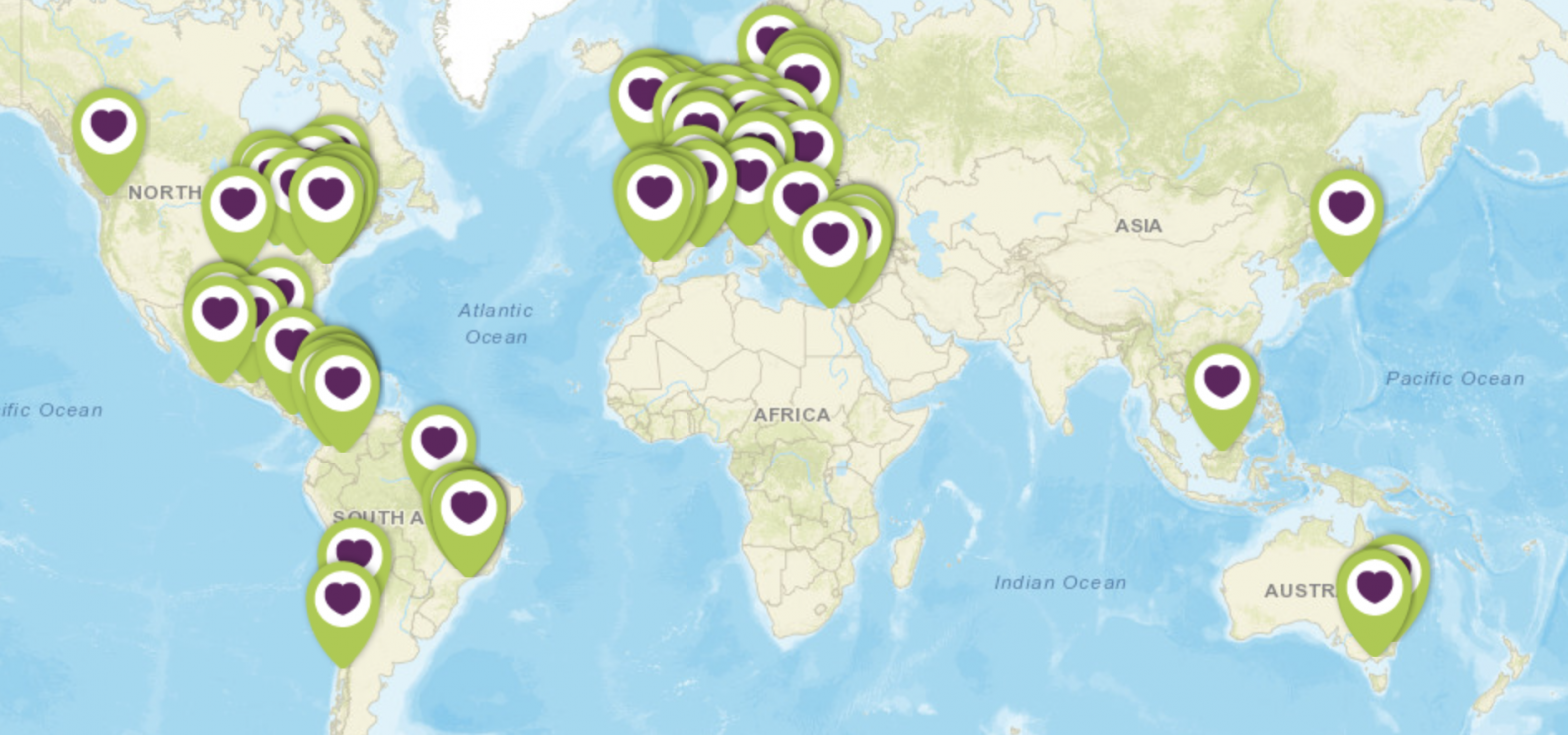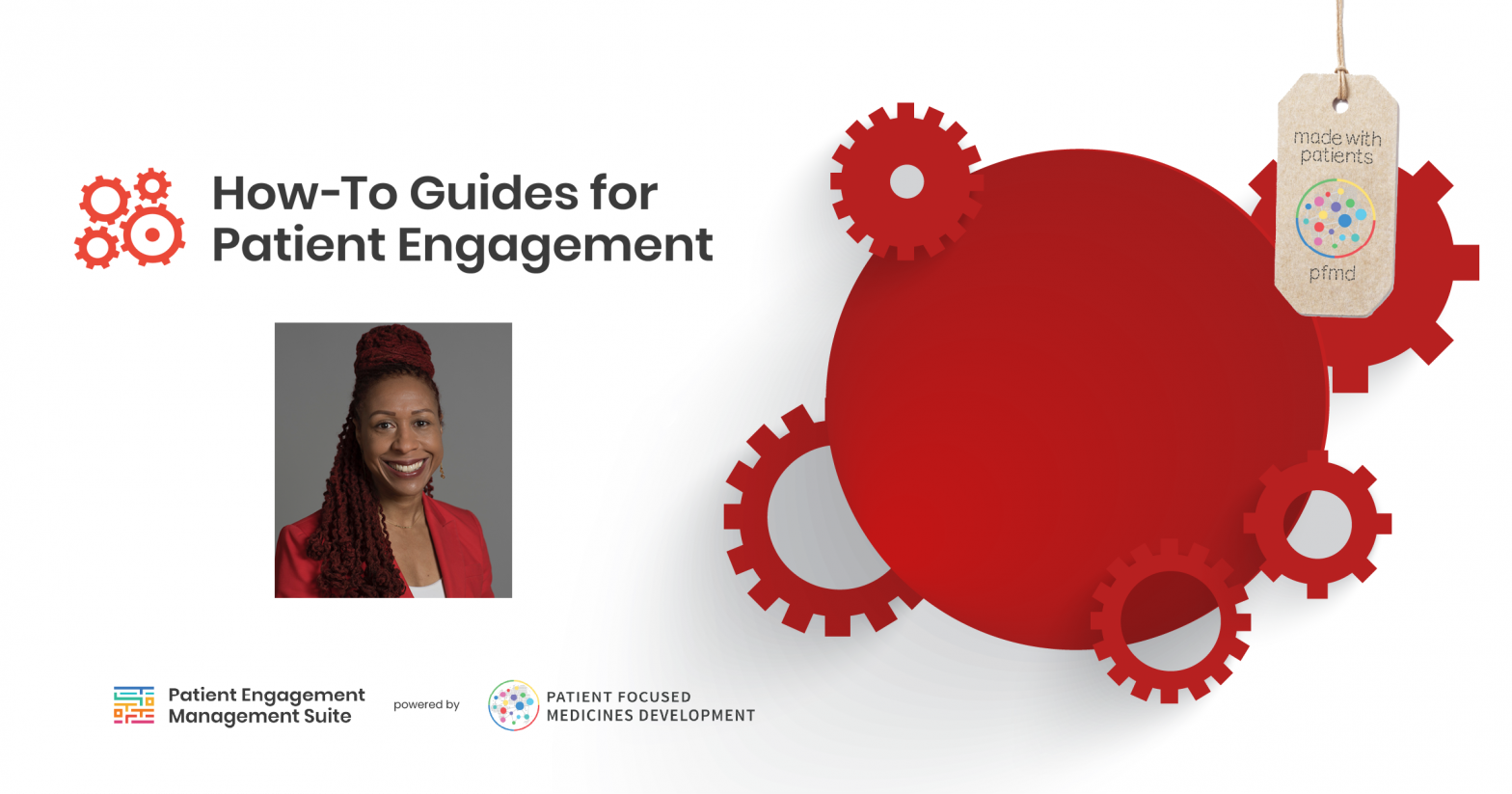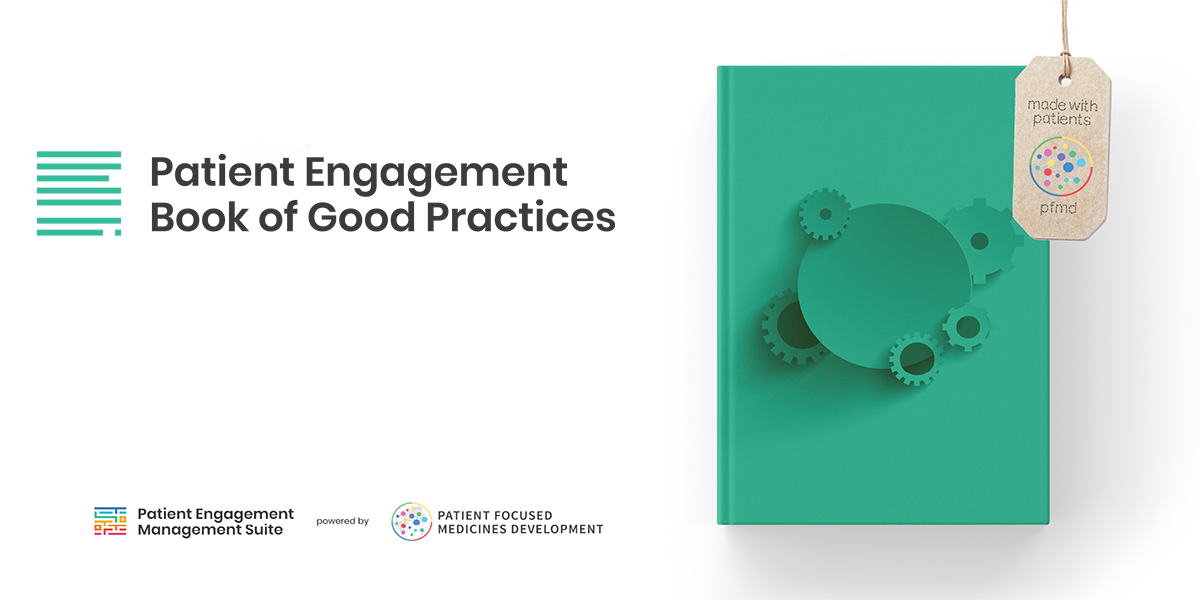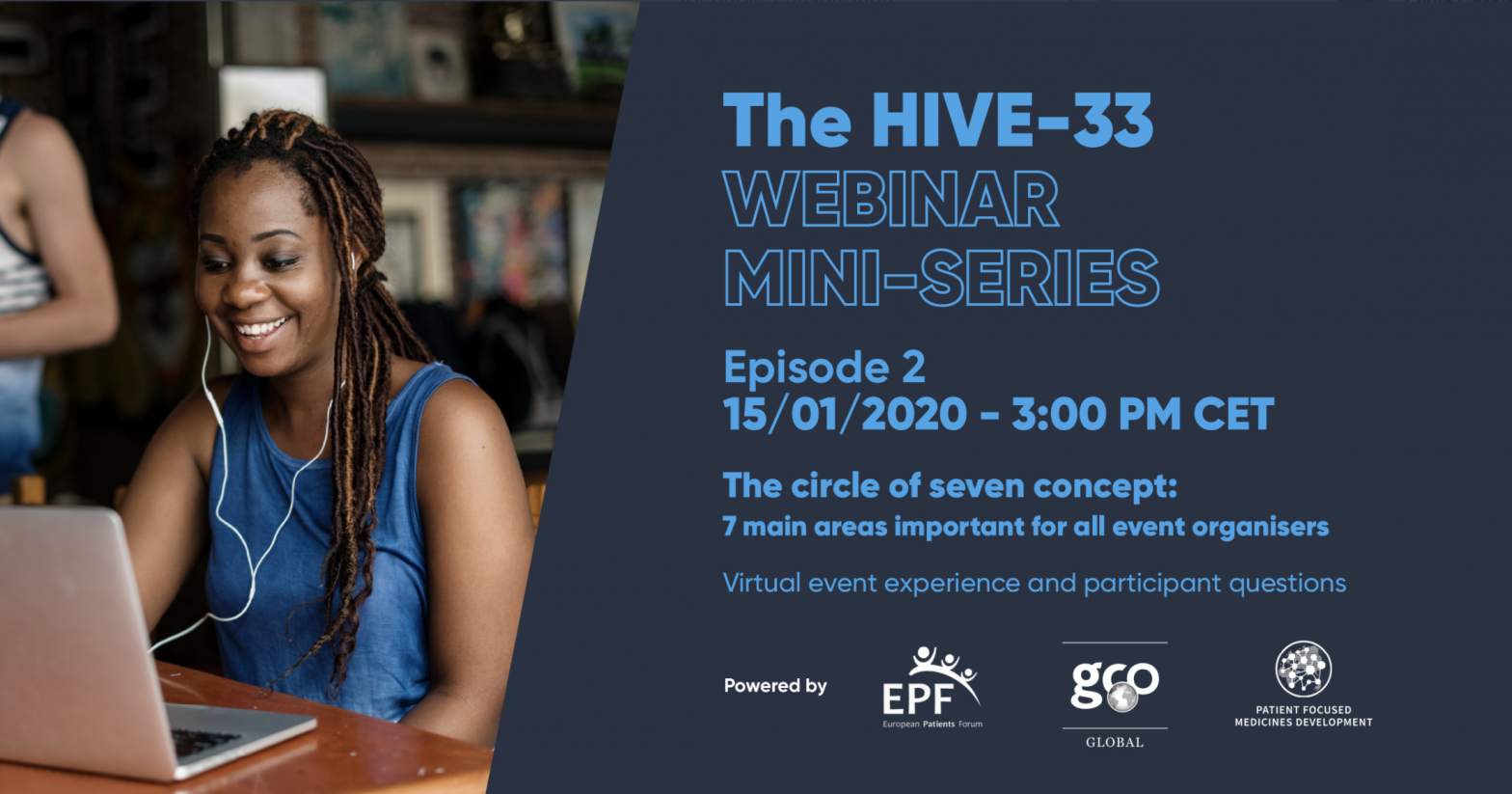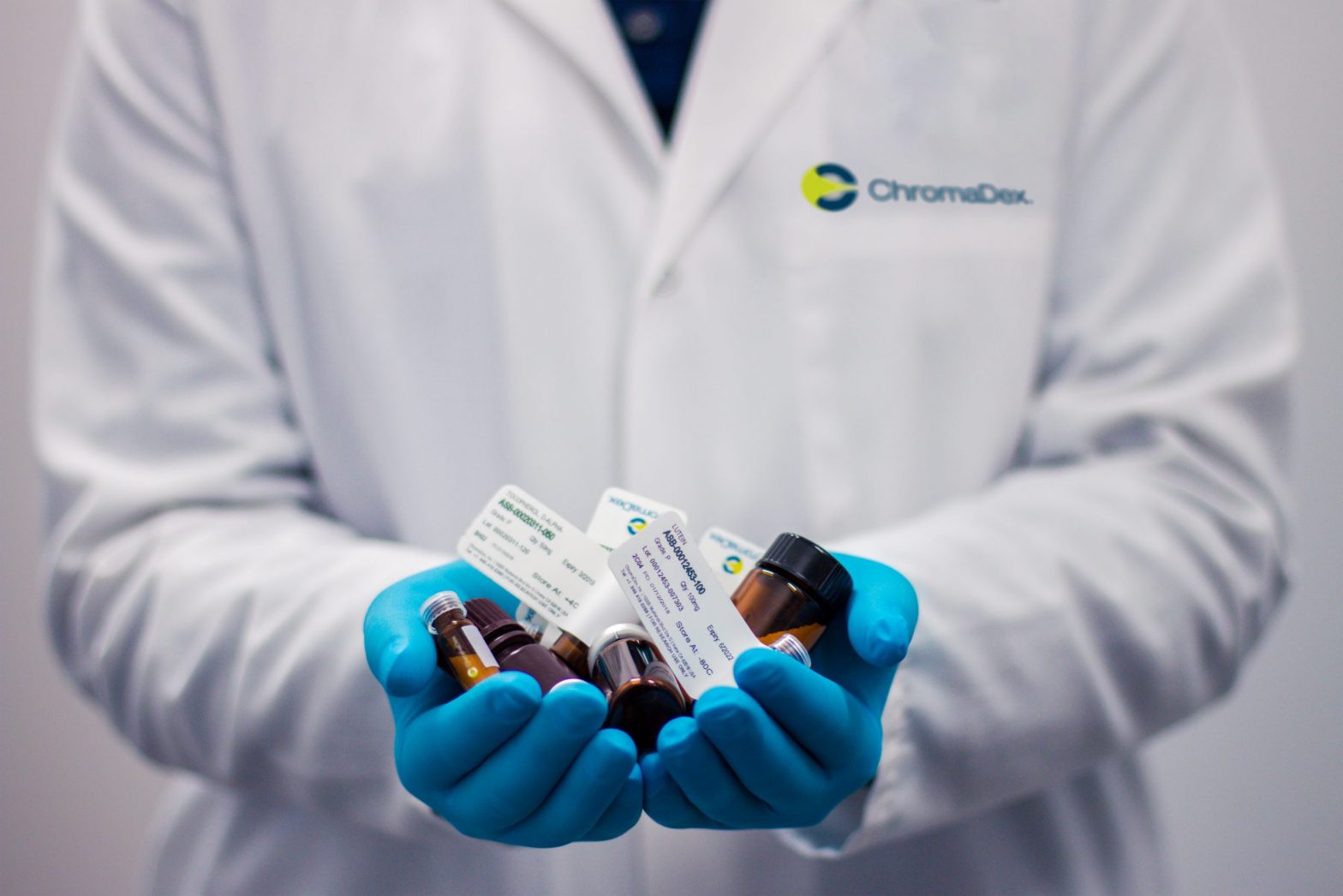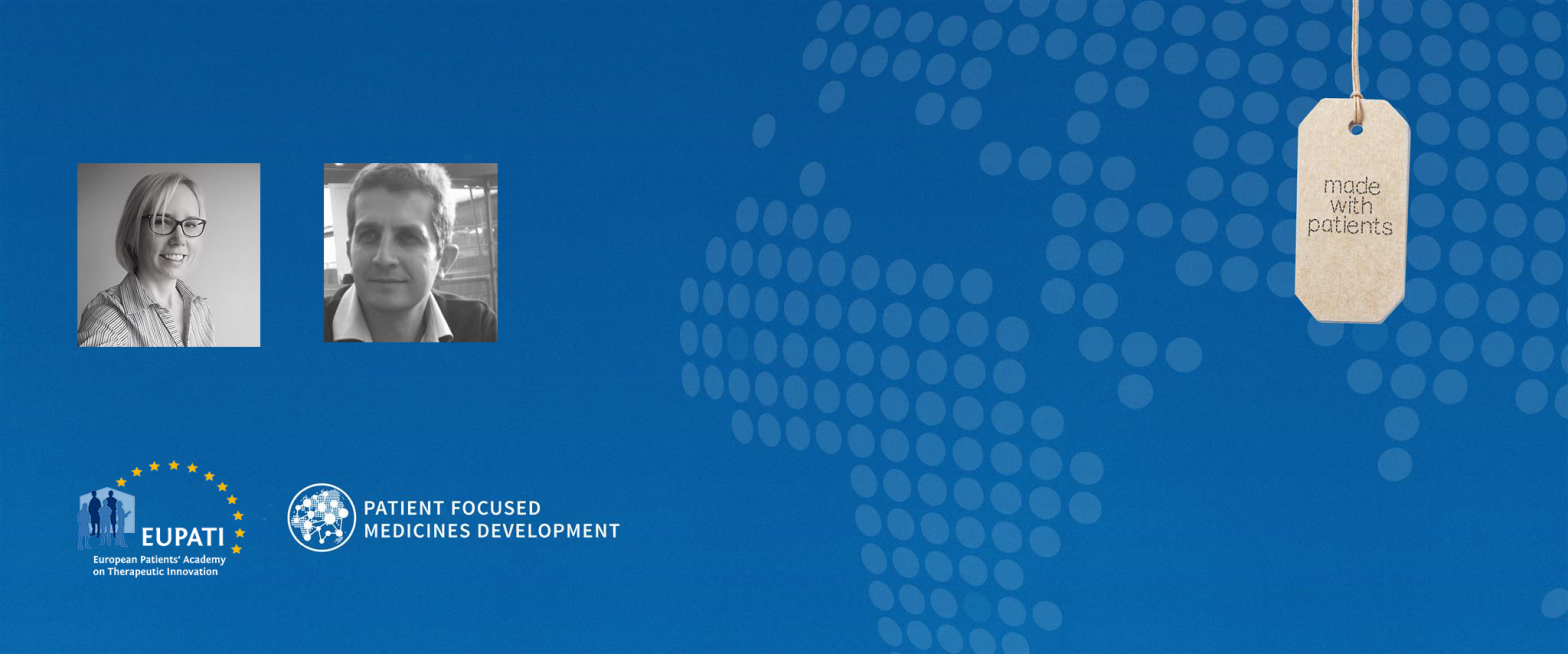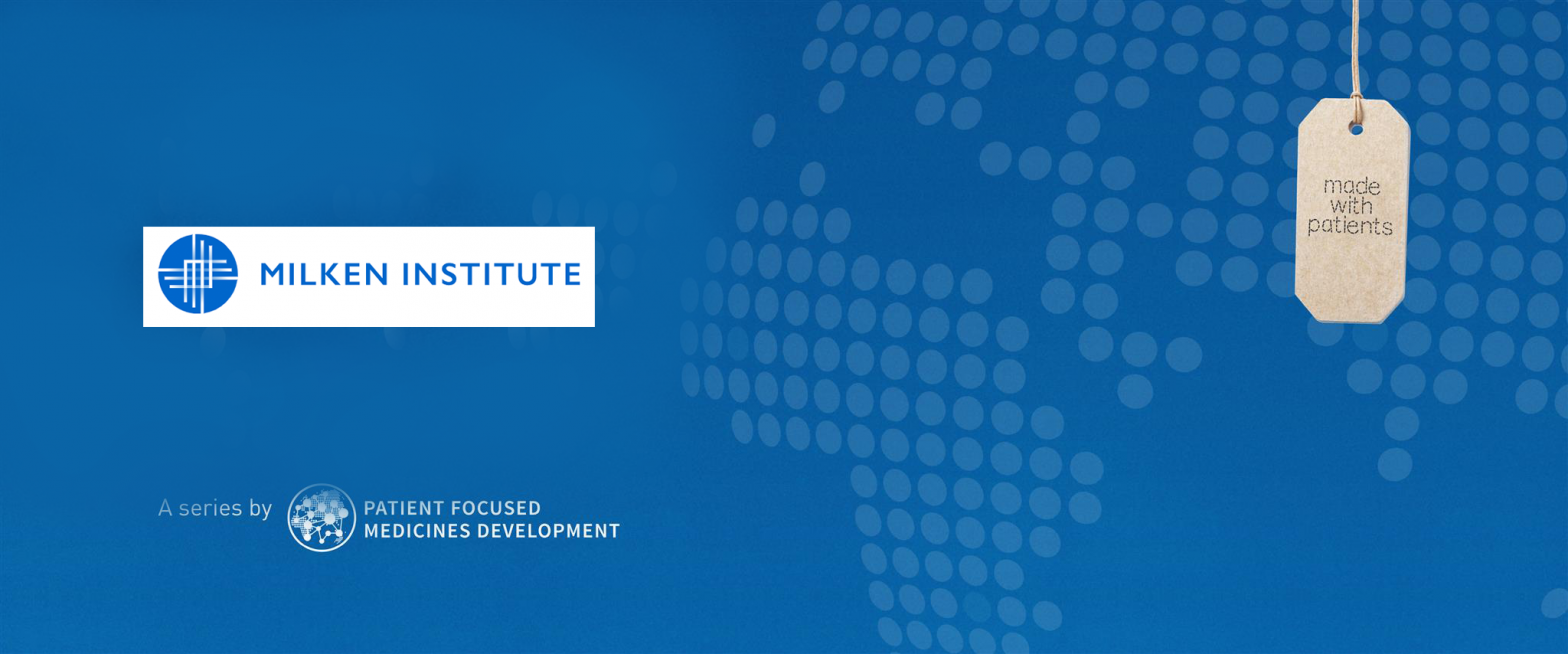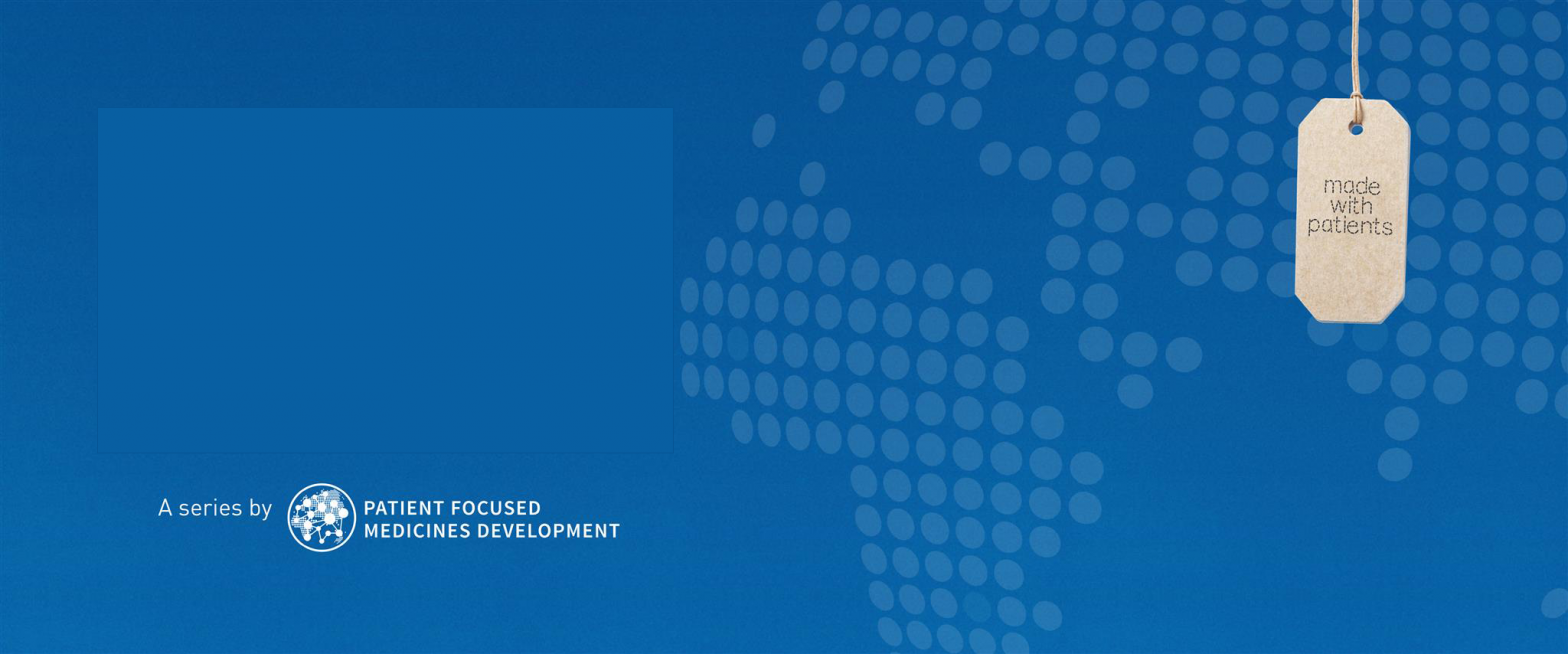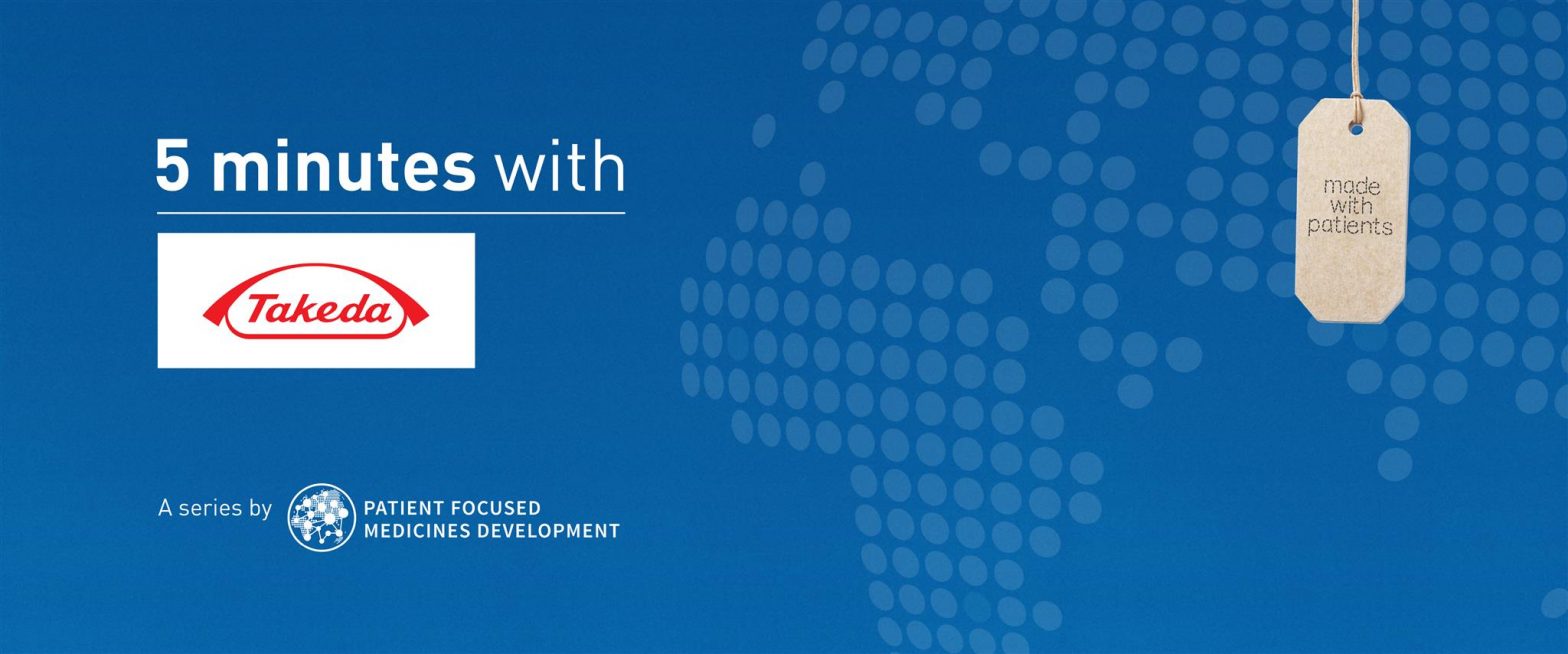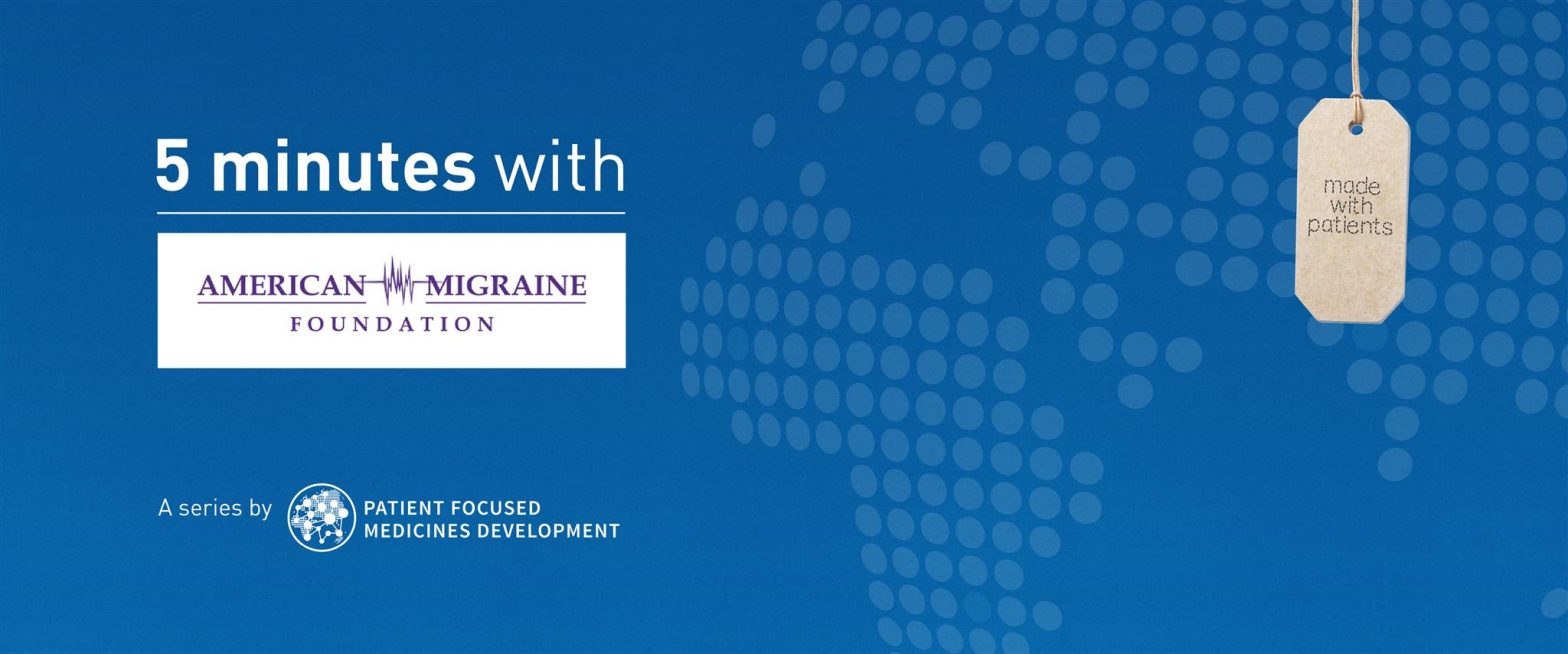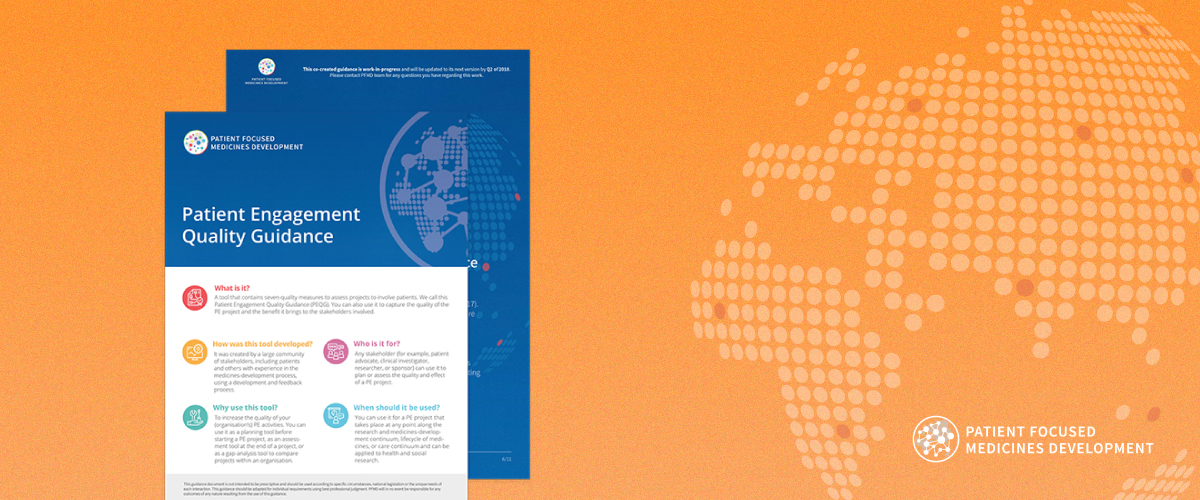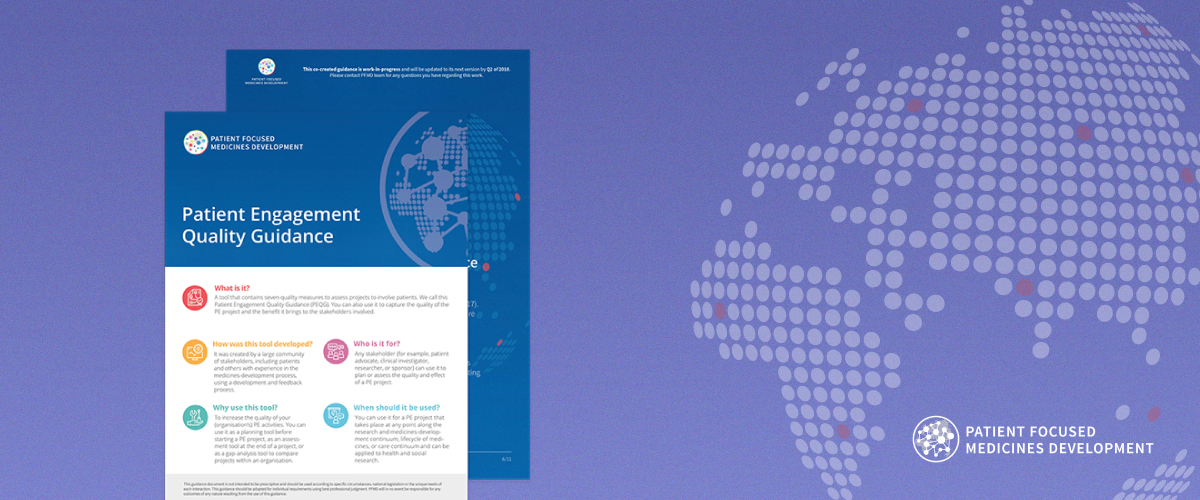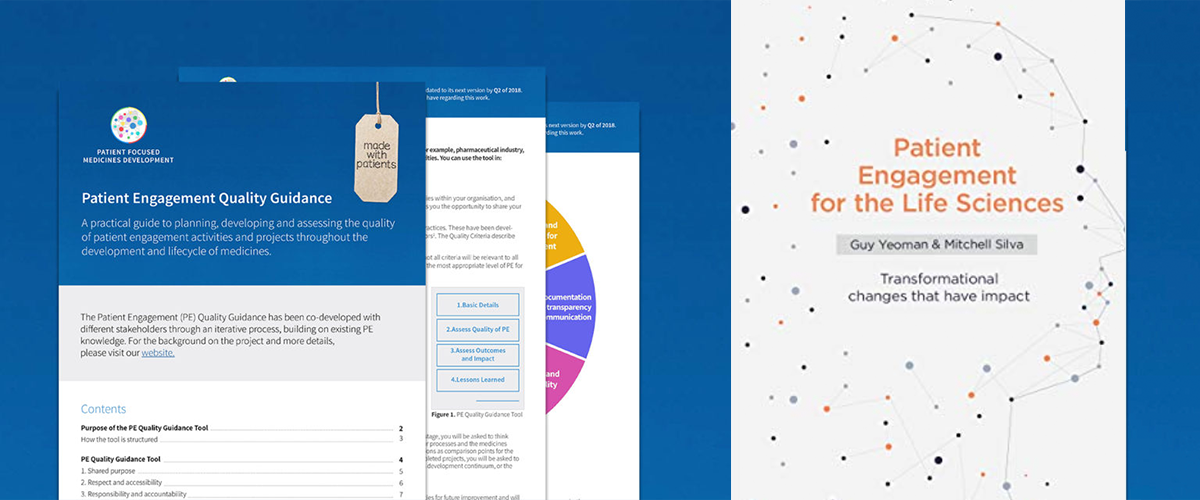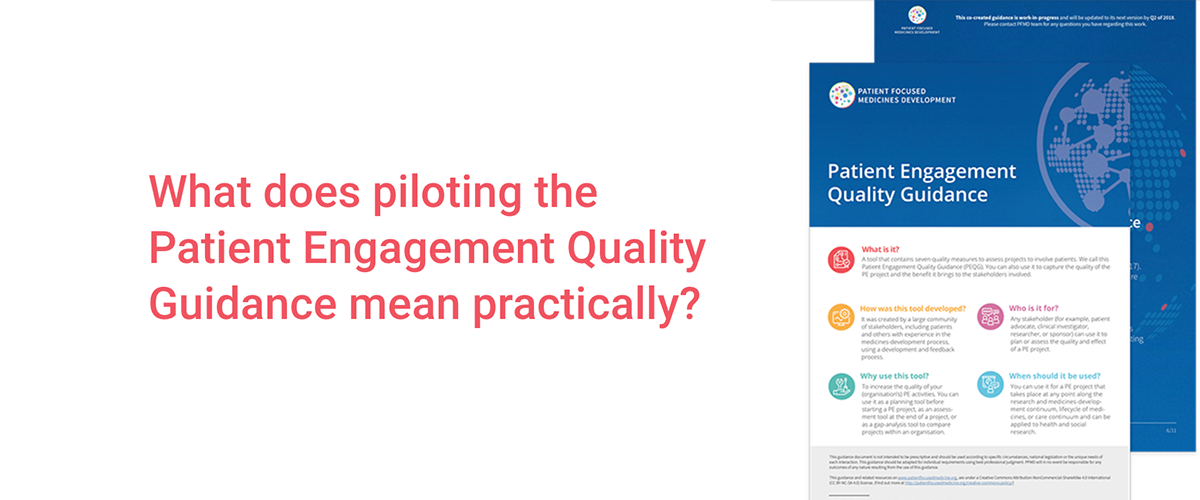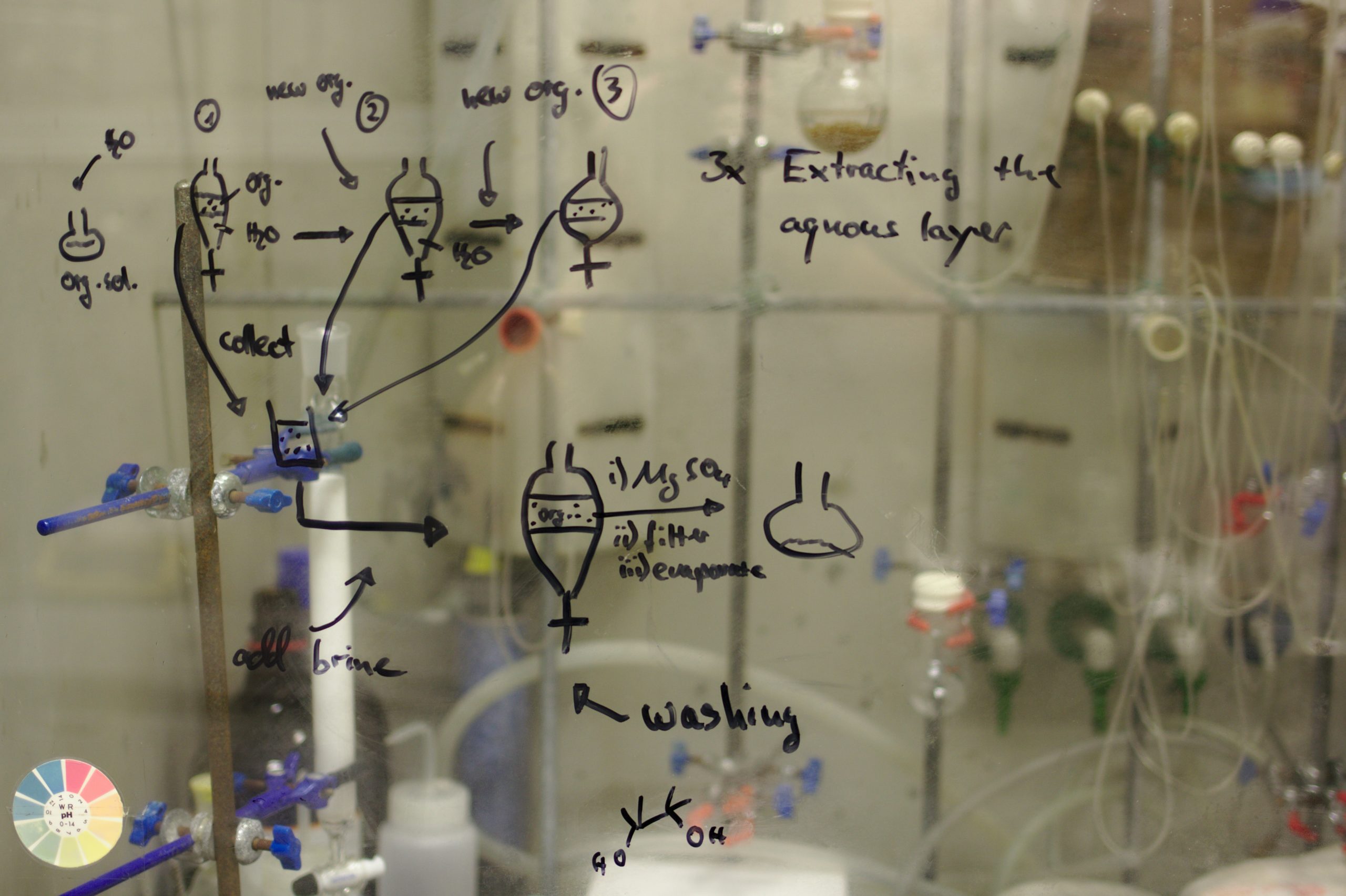Pandemic sees clinical trials halted but some go virtual, benefiting patients, writes Danielle Barron
With everything else upended by the coronavirus pandemic, it’s no surprise that clinical trials have also fallen victim to widespread lockdowns, travel restrictions, and physical distancing.
The huge focus on randomised controlled trials for potential vaccines and therapeutics for the virus contrasts sharply with the abrupt halt to thousands of other clinical trials for investigational medicines. Start dates have been delayed and in many cases enrolment is paused, as the risks of carrying out clinical trials during a global pandemic are weighed up against the benefits of making innovative medicines available to those with unmet medical needs.
Much like with many other areas of work and personal life, researchers and clinical trial sponsors are now pivoting towards solutions that will allow them to conduct trials “virtually”. Options like remote medication adherence and remote clinical monitoring may allow trials to proceed regardless. As for patient engagement, co-creation is still taking place, albeit over Zoom. This flexibility may ultimately enhance clinical trial recruitment and retention.
Kristin Schneeman is the Director of Programs at FasterCures. She says COVID-19 has had a devastating impact on people’s lives and livelihoods around the globe, and points out that those with other medical conditions have suffered considerably.
“It has disrupted care for people suffering from other health conditions such as cancer and heart disease, as medical procedures have been delayed, health care providers have been diverted to care for COVID patients, and individuals put off necessary care out of fear of venturing into hospitals and doctors’ offices. A recent World Health Organization survey showed half of the countries experiencing significant disruptions in care and important health screenings,” she points out.
Schneeman continues by explaining that biomedical research is yet another aspect of medicine that has fallen foul of the pandemic, and notes this could have far-reaching consequences.
“Laboratory research, unless it is directed at COVID-19, has slowed if not stopped. And many clinical trials – which are critical to advancing research but also provide access to potentially cutting-edge treatment for patients – have been delayed, and some may be halted entirely,” she says, adding that one researcher has counted more than 1,500 trials that have been halted during the pandemic thus far.
Yet Schneeman believes that among all of this bad news there is a silver lining. She notes that regulatory agencies, such as the Food and Drug Administration and the Centers for Medicare and Medicaid Services in the U.S., have been forced to develop guidance enabling flexibilities in the provision of care as well as the conduct of non-COVID trials, at least during the course of the public health emergency.
“Remote consenting and consultations as well as home delivery of study products and monitoring tools have enabled some studies to continue, and have made participation easier and safer for patients,” she says. In theory, these measures should also make it easier to engage traditionally under-served populations; “this crisis has put an urgent spotlight on inequities in access to medical care and research”, says Schneeman.
A recent survey carried out by Find Me a Cure found that despite patients’ willingness to make weekly protocol visits a part of their schedule, the current health crisis caused by Covid-19 highlighted alternative – and feasible – options for patient engagement. The researchers found that travelling long distances to get to the trial site as well as the logistics associated with it (time off work, arranging childcare or finding/paying for accommodation in another city where the site is located) prevent many patients from enrolling or staying enrolled in clinical trials.
Yet the study also highlighted patients’ willingness to actively participate in trials, despite the risks posed by the ongoing pandemic. Patients were typically happy to wait for their chosen trial to resume. “Previous assumptions about patients being anxious to visit sites even after quarantine is over were at least partially incorrect,” noted the authors.
It was evident from the survey that technology had allowed trials to continue on at least a partial basis, and it could not be discounted from playing a significant role as clinical trials continue to evolve in a COVID world.
“While completely virtual trials are not always an option, leveraging technology to simplify the patient experience and limit the amount of time spent travelling or in a hospital setting can significantly improve recruitment and retention rates,” the study authors note.
Indeed, it will be important for representatives, whether patients or research institutions, to make their voices heard if they want these measures to continue when the emergency is over, “lest we all go back to our old ways of doing business”, Schneeman stresses.
“It will also be important to study the impacts of these methods during COVID rigorously so we can better understand how widely they were used, how well they actually worked, and where they can be improved upon.”
And just because something is seen as “patient-centred” doesn’t mean it was “patient-engaged”, she points out. “Patients should be involved in the further development of these approaches, as they should be in all other aspects of medical research and care. After all, patients are the ultimate experts in their own conditions and experience.”
How COVID-19 changes clinical trials – for good
Tags:










